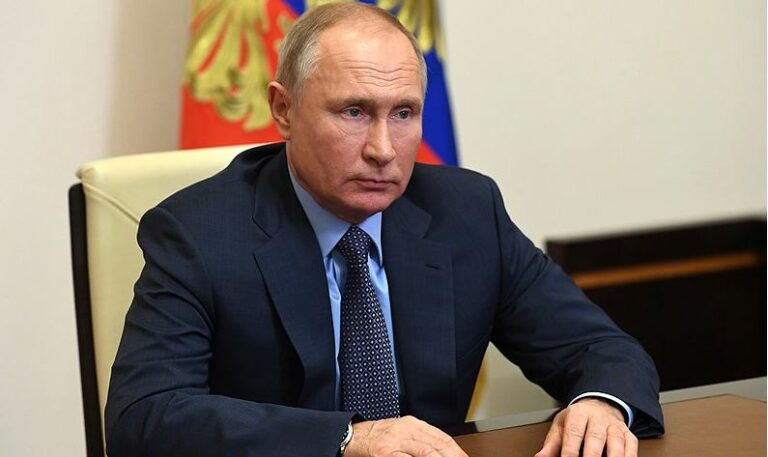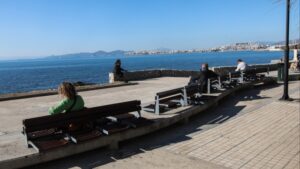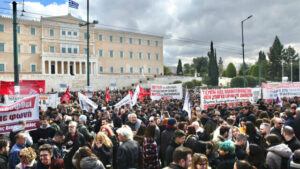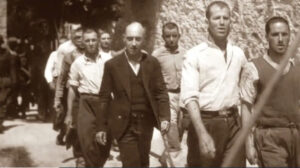For the first time since Russia’s invasion of Ukraine in February, President Vladimir Putin’s approval rating has dipped significantly. According to a survey by the independent institute Levada Center, the invasion had initially boosted Putin’s popularity at home in Russia. As the Russian military forces continue to sustain losses and a partial mobilization of the population was announced, presidential approval took a dive in September, however. That month, a still-high 77 percent of Russians said they approved of Putin, down from 83 percent in August.
The Russian state-controlled media pushing the narrative of a mission to “denazify” Ukraine and to return it to Russia where it historically belonged explains why Putin’s approval can stay so high despite the country now being extremely marginalized in the international community and enduring the hardships of sanctions and war mobilization. Despite the surveys carried out by an independent researcher, many Russians may still feel pressured to give a favorable opinion of the head of state due to the oppressive system they live in.
Yet, cracks are starting to show. As seen in the ongoing Levada survey, the share of the Russian population supporting President Putin had remained above 80 percent for most of the period between 2014 and 2018. In April 2014, after Crimea had been illegally annexed by Russia, Putin’s approval climbed to 82 percent while the Donbas War raged in Ukraine. In October 2015, with the beginning of the Russian intervention in Syria, Putin enjoyed a positive image in the eyes of 88 percent of Russians. However, three years later he suffered the worst dip in popularity in that decade with the announcement of social reforms aiming to raise the pension age. Opposition to Putin increased even more after the outbreak of COVID-19 and the adoption of confinement measures in early 2020. The invasion of Ukraine reversed Putin’s popularity lull, but that could rapidly change in the coming months.
You will find more infographics at Statista
Ask me anything
Explore related questions






